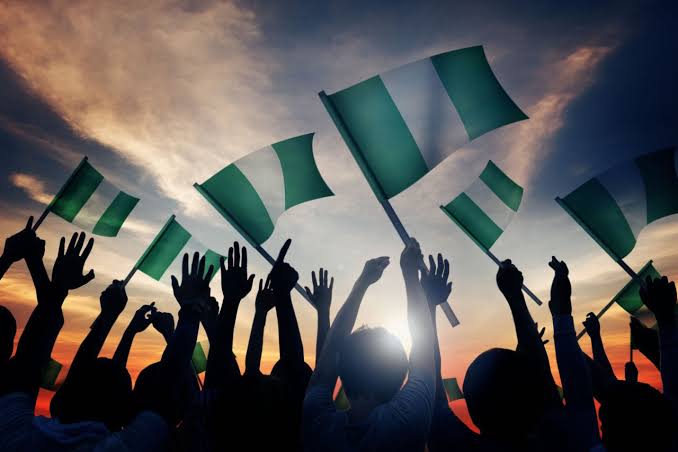As the sun sets on September 30th, Nigeria stands on the cusp of yet another remarkable milestone in its history – the celebration of its 63rd Independence Day on October 1st. This significant occasion commemorates the day when Nigeria broke free from the shackles of colonial rule, gaining sovereignty and paving the way for a vibrant, diverse nation. Join us in exploring the rich tapestry of Nigeria’s journey to independence and the enduring significance of this national holiday.
Nigeria’s path to independence was marked by decades of struggle against British colonial rule. The colonial era, which began in the late 19th century, saw Nigeria’s diverse ethnic groups unified under British authority. The exploitation of Nigeria’s resources and the suppression of indigenous culture fueled the flames of resistance.
The road to independence was not without its challenges. Nigeria’s diverse population, comprising more than 250 ethnic groups, faced the monumental task of unifying for a common cause. Leaders like Nnamdi Azikiwe, Obafemi Awolowo, and Ahmadu Bello played pivotal roles in shaping the nation’s destiny. Their efforts culminated in the 1947 Richard Constitution and, eventually, the 1960 Independence Constitution, which paved the way for self-rule.
October 1, 1960, remains etched in Nigeria’s collective memory as a day of joy and celebration. It marked the official end of British colonial rule and the birth of the Federal Republic of Nigeria. Sir Abubakar Tafawa Balewa, Nigeria’s first Prime Minister, delivered a historic speech that day, emphasizing the nation’s commitment to democracy, peace, and prosperity.
Over the past six decades, Nigeria has faced numerous challenges on its journey to becoming a stable and prosperous nation. Political instability, ethnic tensions, and economic disparities have posed formidable obstacles. However, Nigeria has also witnessed remarkable achievements, including economic growth, cultural vibrancy, and contributions to peacekeeping missions in Africa.
Nigeria’s Independence Day remains a symbol of resilience, unity, and the enduring spirit of its people. It is a day to reflect on the progress made since 1960 and to reaffirm the nation’s commitment to overcoming its challenges. It is a day when Nigerians come together to celebrate their rich cultural heritage, diverse traditions, and the values that bind them as one nation.
Independence Day is a time of grand celebrations across Nigeria. Cities and towns are adorned with the national colors of green and white, and parades, cultural exhibitions, and fireworks light up the night sky. Families and communities gather to share meals, exchange gifts, and enjoy the vibrant sounds of Nigerian music and dance.
As Nigeria prepares to celebrate its 63rd Independence Day, it is an opportunity for the nation to reflect on its past, appreciate its present, and chart a course for a brighter future. The struggles and triumphs of the past have shaped Nigeria into the dynamic and resilient nation it is today. As Nigeria continues to evolve and address its challenges, it does so with the knowledge that its people possess the strength and determination to overcome any obstacle that lies ahead.
On October 1st, as the green and white flags flutter in the breeze and the national anthem resounds, Nigeria and its people come together to celebrate not only their independence but also their unity, diversity, and the promise of a brighter tomorrow. Happy Independence Day, Nigeria!

